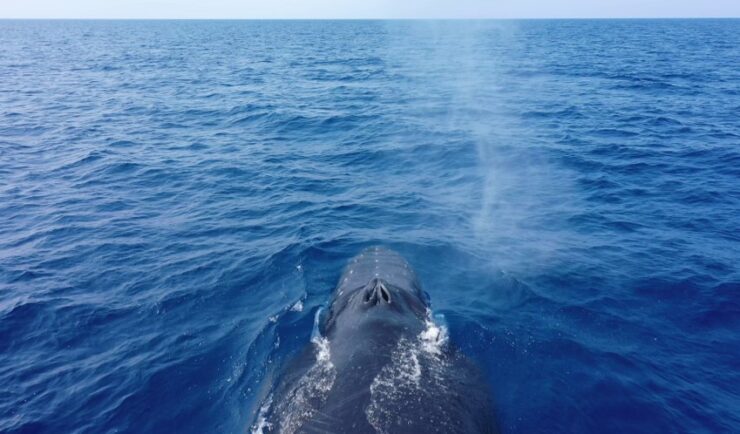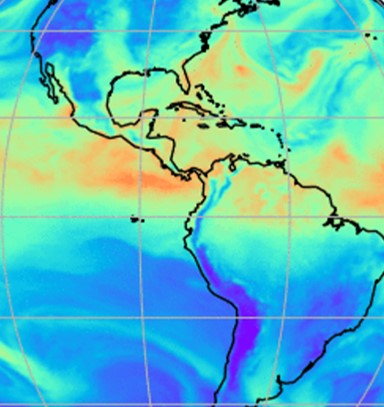Since 1982, members of our staff have supported EPA’s Office of Pesticide Programs. As part of this contract, our staff assess environmental and human health impacts on anthropogenic chemicals. The agricultural industry is critical to food and textile production, it is a large contributor to the U.S. economy. Not only does the industry provide food and materials for the U.S., it also provides products that are high-demand exports for other countries. Our dedicated staff help support this important industry by helping to ensure products used by the agricultural industry aren’t adversely impacting humans, animals, and the surrounding environment.

Our work consists of
- Evaluating pesticide residues in food and feed crops as well as livestock
- Evaluating mammalian toxicity data for agricultural and industrial chemicals
- Determining critical end-points, no-observed-adverse-effect levels and lowest-observed-adverse-effect, reference doses or reference concentrations, and cancer values
- Assessing risk and analyzing weight of evidence
- Evaluating chemical toxicity to non-target species
- Determining no-observed-adverse-effect levels and lowest-observed-adverse-effect levels
- Monitoring movement, metabolism, and degradation of chemicals in the environment
- Evaluating regulatory compliance and quality assurance
For 41 years our staff have been providing these services to EPA’s Office of Pesticide Programs, making this contract our longest client relationship!


See More CSS Insights

Training Marine Mammal Programs to Use Drones to Collect Dolphin and Whale Respiratory Health Data
CSS employee owner and Marine Mammal Drone Specialist supports NOAA’s National Centers for Coastal Ocean Science (NCCOS) Marine Mammal Health Assessment team with collecting respiratory health data from marine mammals in local waterways. Using specialized drones equipped with petri dishes provides a non-invasive method to collect exhaled breath (i.e. blow) samples from dolphins and whales.…

Organizing Teams to Monitor Coastal Contaminants
For nearly 40 years NOAA’s National Mussel Watch Program has been monitoring contaminants in coastal waters in over 400 sites around the U.S. by testing sediment and bivalves, such as oysters and mussels. A CSS employee owner organizes and coordinates the regional missions to collect and test samples. This includes developing a schedule and coordinating…

Evaluating the Use of Earth Observations Digital Twin Technologies
Earth Observations Digital Twin technologies are data analytics, artificial intelligence, and advanced modeling technologies that provide an estimate of the true state of the Earth. An Earth Systems Digital Twin is observations-based and grid-flexible with multiple components and high-resolution data over space and time to capture all available observations and feed a variety of direct…
